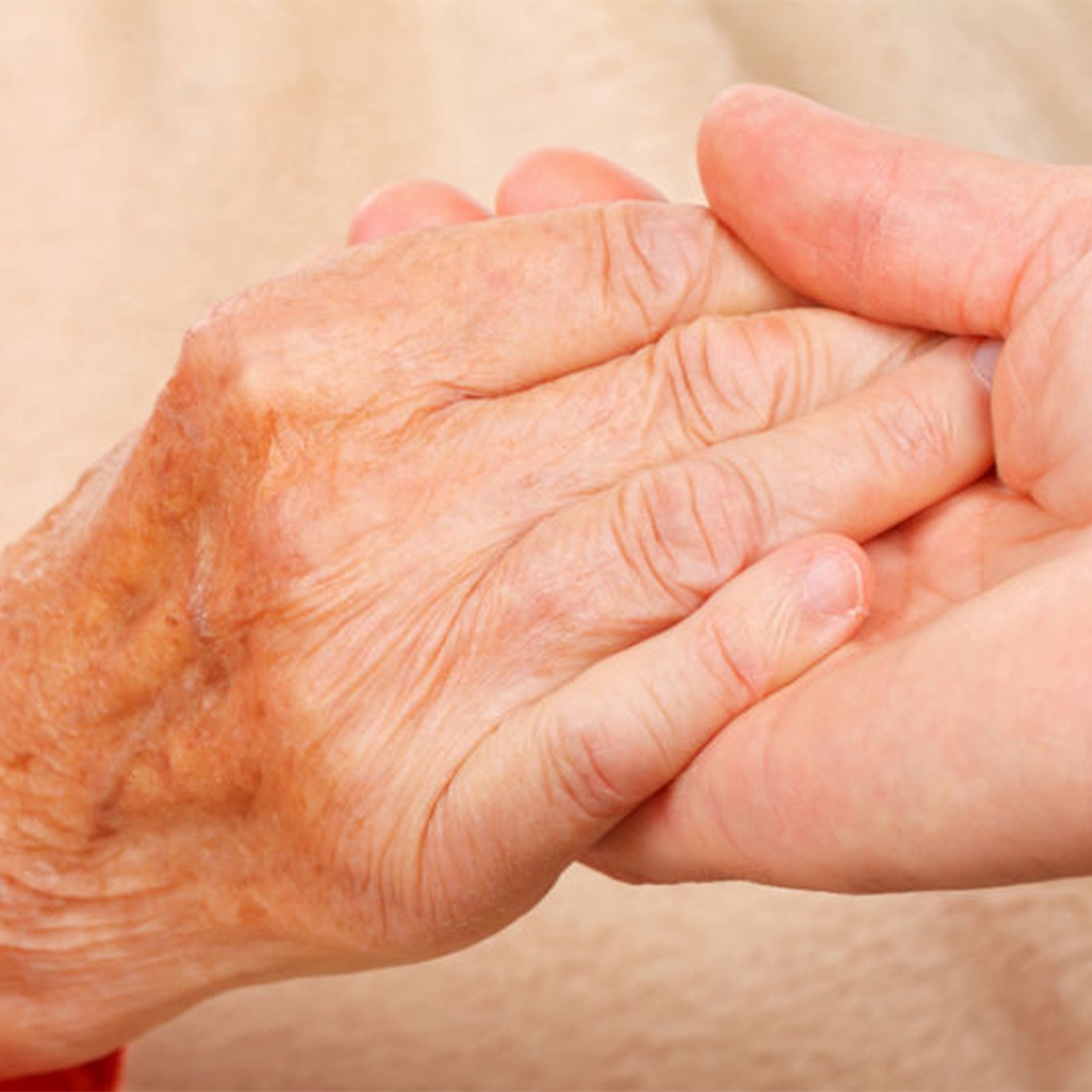Feeling shy? Try probiotics, says new study
Scientists from the University of Maryland and the College of William and Mary in Virginia have made an astonishing new discovery – that probiotic bacteria could help those suffering from social anxiety.
Data supplied by UK health services indicates that social anxiety is one of the most common, and one of the most disabling, forms of mental health complaint in modern society. It’s believed to affect up to one in ten of the population, though there are double the amount of female sufferers than male. The disorder can prevent sufferers from leading a normal life, as they are typically plagued by various phobias which makes them shy away from meeting new people, crowds, public speaking and other forms of social interaction.

Conventional forms of treatment include cognitive behaviour therapy (CBT) or anti-depressant medications such as fluoxetine and diazepam, but these drugs can carry side effects or risk of dependency; natural alternatives would therefore be welcomed.
The recent study1, which was published in the journal Psychiatry Research, is one of the first of its kind to specifically explore the issue of social anxiety, though there has been some previous research on the effects of probiotics and mood. Another recent French study suggested that probiotics, in particular the two strains Lactobacillus acidophilus Rosell–52 and Bifidobacterium longum Rosell-71 could be very helpful in the treatment of anxiety and panic disorders - see Kathy's blog on 'Psychobiotics: Just a fad? Or here to stay?' for more information on this.
Can probiotics change your personality for the better?
This latest research was conducted at the University of Maryland and the College of William and Mary in Virginia, where a total of 710 subjects were monitored to see if any common denominator could be found when it came to the symptoms of social anxiety. The participants completed a series of questionnaires that provided general information such as typical diet, exercise, and other lifestyle preferences, and also assessed different personality traits. The tests revealed that those who suffered fewer mental health issues had diets that were noticeably higher in fermented foods including miso soup, sauerkraut, yoghurt and fermented milks. Interestingly, this beneficial effect was more marked in those who had a genetic predisposition for anxiety disorders.

According to the evidence, the key function of the friendly flora in helping to prevent shyness and phobias appeared to be their ability to help their hosts to produce more gamma-aminobutyric acid (GABA ), one of the primary neurotransmitters acted upon by common anti-depressant drugs.
Dr. Matthew Hilimire, one of the researchers, commented:
‘It is likely that the probiotics (friendly bacteria) in the fermented foods are favourably changing the environment in the gut, and changes in the gut in turn influence social anxiety. Giving these animals these probiotics increased GABA, so it’s almost like giving them these drugs but it’s their own bodies producing GABA. So your own body is increasing this neurotransmitter that reduces anxiety.’
Though it is still early days in terms of definitive evidence, the research suggests that it could be worthwhile trying to increase levels of so-called ‘friendly’ intestinal flora, by eating fermented foods for example, to serve as a potential ‘low-risk intervention for reducing social anxiety.’
So if you're feeling anxious and depressed, remember that you're never really alone - your very best friends could be the flora in your tum!
For more reading on this amazing field of research, healthcare practitioners can read the following:
Probiotics can help with depression, says new study
Could prebiotics help with anxiety?
References
- Hilimire MR, DeVylder JE, Forestell CA, 'Fermented foods, neuroticism, and social anxiety: An interaction model' Psychiatry Res. 2015 Aug 15;228(2):203-8. doi: 10.1016/j.psychres.2015.04.023. Epub 2015 Apr 28.
- http://www.dailymail.co.uk/health/article-3118743/Could-probiotics-cure-extreme-shyness-Friendly-bacteria-yoghurts-pickles-help-tackle-social-anxiety-study-reveals.html
- Image credit: Wendydignan.co,uk
- www.snipview.com

